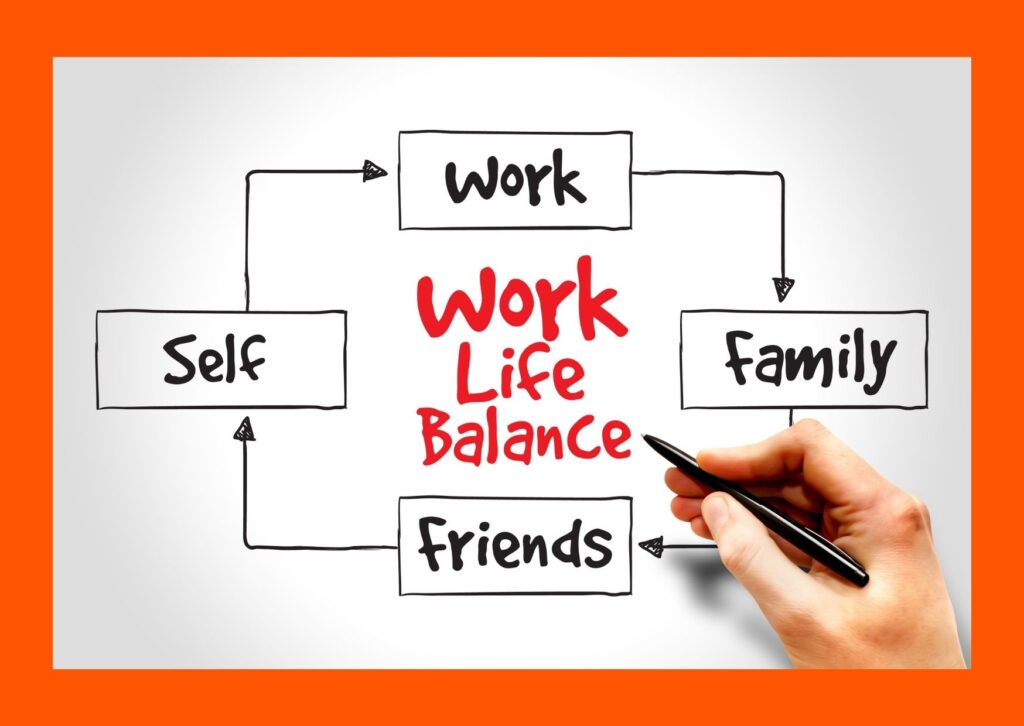The Real Reasons UK Employees Are So Miserable at Work
According to Timeout, the UK is the world’s second most miserable country.
But how does this impact the workplace?
Whether it’s the often grey sky, long working hours, stagnant wages, lack of work-life balance, or something else, it needs to change!
In this article, we’re going to look at why UK employees are miserable as well as strategies to help reduce employees being miserable at work.
Contents
Video On Why UK Employees are So Miserable at Work
Why are UK Employees So Miserable at Work?
How Can Employers Support Miserable UK Employees?
What Impact Does Management Have on Miserable UK Employees?
Video On Why UK Employees are So Miserable at Work
Why are UK Employees So Miserable at Work?
According to the Independent, more than one-third of UK employees are unhappy in their jobs.
But why is this?
Let’s look at 4 reasons why.
1. Lack of Recognition
I want you to imagine this. You’ve been working for three months on a project that will generate the company you worked for, thousands of pounds.
You’ve had to work late, and sacrifice time with friends and family to get the project completed.
And guess what?
You’ve done it!
The project has been completed and it’s been a major success.
But management barely acknowledged it and has just dumped the next project on your desk.
They have failed to recognise your accomplishment and it’s left you angry and bitter.
Well, you’re not alone.
According to an article by Wildgoose, 72% of employees feel they deserve more recognition from their employer.
Less recognised employees are 131% more likely to lose faith in their management team and company core values.
These employees are also twice as likely to experience an impact on their mental health.
All of this contributes to unhappy and miserable employees.

2. Lack of Trust
Do you think UK employees trust their employer?
And do employers trust their employees?
According to people management less than half of employees trust their employer.
And according to Deloitte, two-thirds of employers do not trust their staff to work remotely.
Without trust in the workplace, how can we be happy?
Think of a situation where you may have been accused of something you didn’t do.
How did this make you feel?
If this was a situation in the workplace, this would not make us feel happy towards our employer.
When employees are not trusted it can make them feel resentful, angry, and unhappy.
Lack of trust is another thing employers are getting wrong when creating a great workplace culture.
3. Employee Stress
According to statistics from the HSE, the biggest reasons for work-related ill health are stress, depression, and anxiety.
In 2022/23 this was responsible for 49% of working days lost in the UK.
And what do you think is a major contributor to being miserable at work?
Stress!
According to an article by science.org, stress really does mess with your mind.
A study found that chronic stress can create many of the brain changes associated with mood disorders.
This means stress is contributing to low mood and miserable people.

4. Limited Career Growth
Imagine this!
You’ve got a great job in a fancy office, with nice perks and great employee wellbeing initiatives, but there is very limited opportunity for career growth.
You feel stagnant and like you’re not going anywhere.
According to the APA lack of career growth opportunities is a big reason employees leave jobs.
And according to survey results, 91% of people said it was very important to have a job where they consistently have opportunities to learn.
If employees don’t feel like they’re learning, it’s another factor to miserable employees.
Want the opportunity for employees to learn with us?
Check out our wellbeing workshops and webinars to see how we can help support a company’s most valuable asset.
It’s people!
How Can Employers Support Miserable UK Employees?
Nobody wants to have miserable colleagues at work.
Supporting employees is crucial to create a positive workplace culture where individuals feel happy and satisfied in their job roles.
Here are some practical steps employers can take to support their staff.
Support Employee Health and Wellbeing
Our health and wellbeing are the single most important thing to every one of us.
Without health, we can’t work, or do any of the things that are important to us.
Supporting employee wellbeing can involve a range of things including:
- Flexible working hours
- Mental Health Resources
- Employee Wellbeing Workshops
- Health insurance
- And more!

Organise Fun Initiatives
Organising fun initiatives in the workplace can significantly boost employee morale and alleviate feelings of misery.
Employers can organise team-building activities, such as group outings, game nights, or company events, to strengthen colleague relationships.
Additionally, hosting social events like office parties, lunchtime gatherings, or sports tournaments can provide much-needed opportunities for employees to unwind, socialise, and have fun outside of work tasks.
By creating a more enjoyable and engaging work environment, employers can help to prevent individuals from being miserable.

Reduce Workplace Stress
Earlier in this blog we explained how stress was a major contributing factor to miserable employees.
Therefore, if companies can help to reduce employee stress, they can help to improve the happiness of those employees.
Employers must find ways to reduce employee stress.
Whether it’s by reducing workload, providing coping with stress workshops, employee massage, or other initiatives.

Promote Work-Life Balance
Encouraging flexible working arrangements, such as remote work or flexible working hours, can help employees better manage their personal and professional responsibilities.
When employees feel they have control over their lives, this reduces their chances of being unhappy.
Additionally, setting clear boundaries around work hours and discouraging overtime can prevent burnout and improve overall wellbeing.

What Impact Does Management Have on Miserable UK Employees?
According to Forbes, managers have as much of an impact on employee mental health as their partners.
Management plays an important role in shaping the workplace atmosphere.
Managers directly influence employee satisfaction and morale.
When management fails to provide clear communication, support, or recognition, it can lead to a disheartened workforce.
In the UK, where work culture often emphasizes stoicism, the lack of positive engagement from managers can make employees feel undervalued and isolated.
Effective leaders are those who listen to their teams, provide constructive feedback, and create an environment of growth and opportunity.
On the other hand, poor management practices can exacerbate job dissatisfaction, increase stress levels, and potentially lead to higher turnover rates and unhappy staff.
Managers must adopt an empathetic approach, aiming to understand and address the concerns of their employees.
This can help to mitigate feelings of misery and disengagement at work.
If you’d like help with employee wellbeing services to support the health and happiness of your workforce, get in touch to see how we can help.
Author
Tyler Lowe – Health & Wellbeing Speaker
BSc Sport & Exercise Rehabilitation


